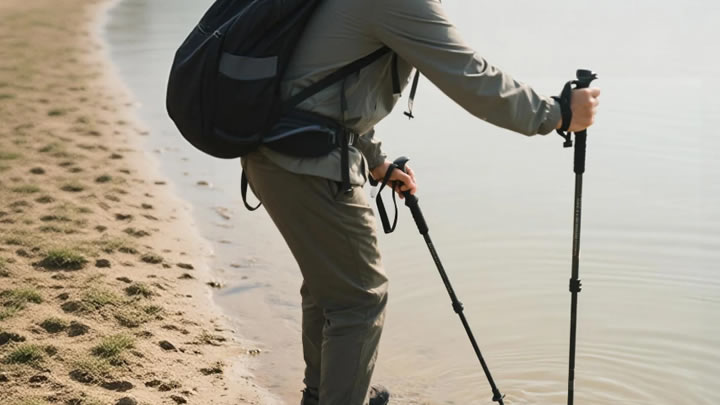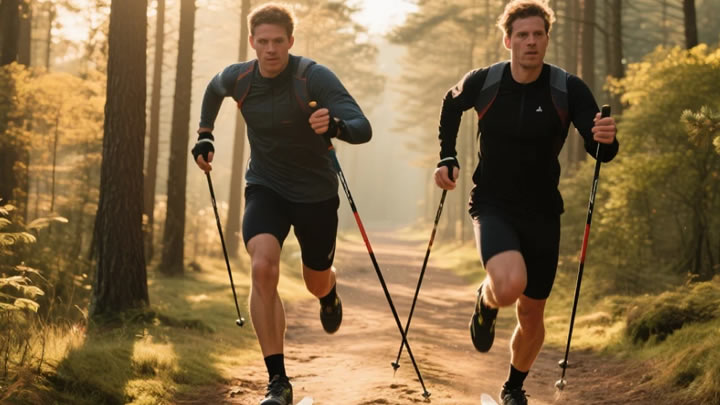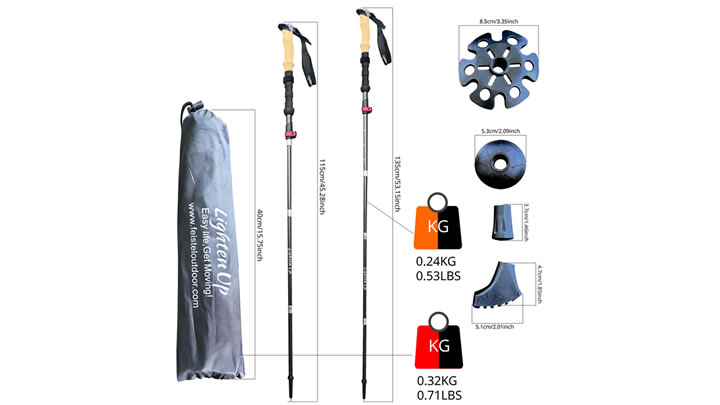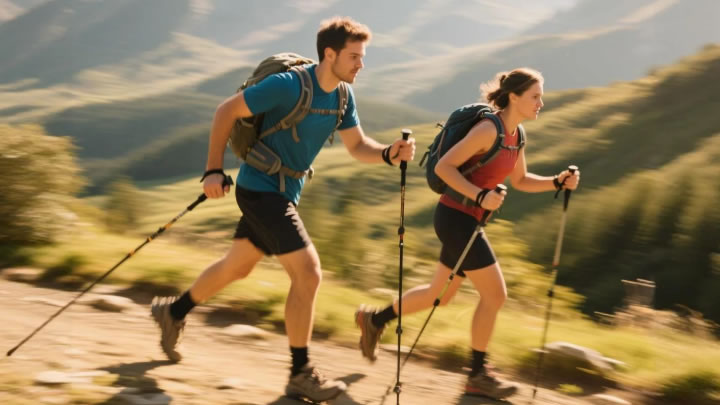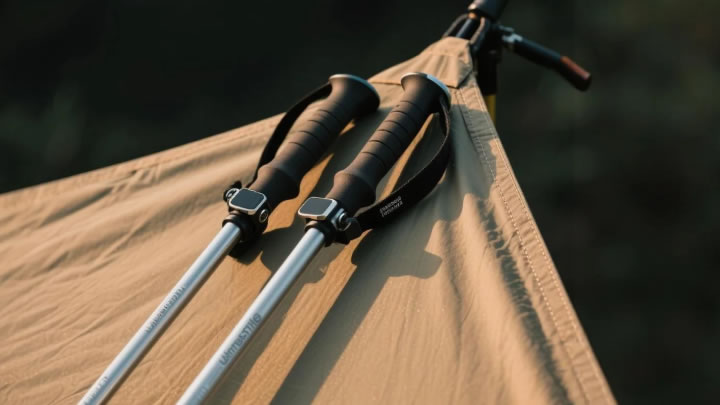How to choose lightweight camping gear for beginners?
Camping is an exhilarating way to reconnect with nature, but for beginners, selecting the right gear can feel overwhelming—especially when balancing weight, functionality, and budget. Lightweight camping gear not only reduces physical strain but also enhances mobility, making your outdoor experience more enjoyable. This guide will walk you through essential tips and strategies to choose gear that aligns with your needs while optimizing for search engine visibility.
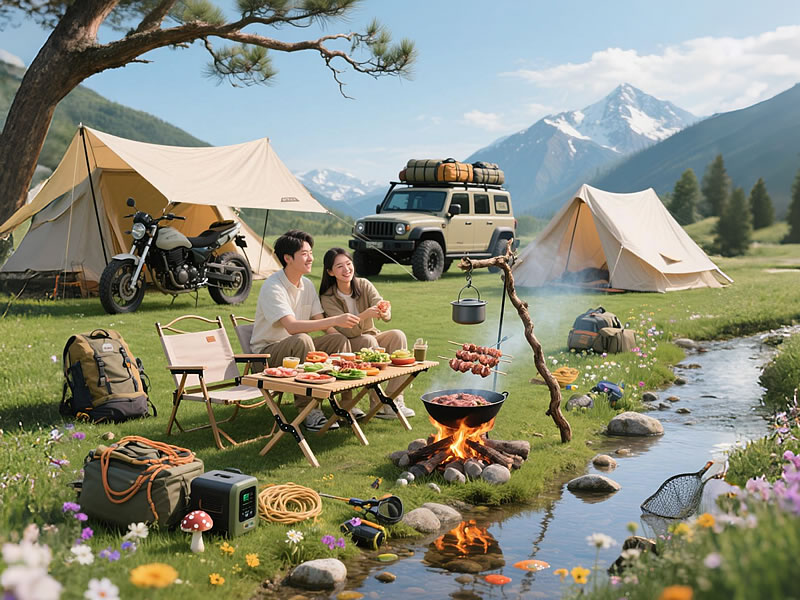
Why Lightweight Gear Matters for New Campers
Before diving into product recommendations, understand the core benefits of lightweight gear:
- Reduced Fatigue: Carrying heavy packs drains energy quickly, limiting exploration.
- Ease of Setup: Lightweight tents and tools are often designed for simplicity.
- Versatility: Compact gear adapts better to changing weather or terrain.
For beginners, prioritizing weight savings without sacrificing durability is key. Aim for gear that weighs 20-30% less than standard options while maintaining reliability.
Essential Lightweight Gear Categories
1. Shelter: Tents and Tarps
Your shelter is your sanctuary. Look for:
- Ultralight Tents: Opt for single-wall tents made from silicone-coated nylon (15D–30D fabric) for a balance of weight and weather resistance. Popular options include the Big Agnes Tiger Wall or MSR Hubba Hubba.
- Tarp Systems: For minimalist campers, a silnylon tarp paired with a bug net saves weight (under 2 lbs) but requires practice to pitch.
Pro Tip: Check the "packed size" to ensure it fits your backpack.
2. Sleep Systems: Bags and Pads
A good night’s sleep is non-negotiable. Focus on:
- Down Sleeping Bags: Down offers the best warmth-to-weight ratio. A 20°F (-6°C) bag with 600+ fill power suits most climates. Synthetic bags are cheaper but bulkier.
- Inflatable Pads: Therm-a-Rest NeoAir XLite (12 oz) provides insulation (R-value 4.2) without bulk.
Avoid: Heavy foam pads unless car camping.
3. Backpacks: Fit and Capacity
Your backpack is your gear’s home. Prioritize:
- Torso Length Match: Ill-fitting packs cause discomfort. Measure your torso before buying.
- Capacity: 40–60 liters is ideal for 2–4-day trips. Look for features like hydration sleeves and external attachment points.
- Weight: Aim for packs under 3 lbs (e.g., Osprey Exos or Gossamer Gear Mariposa).
4. Cooking Gear: Efficiency Over Complexity
Simplify mealtime with:
- Compact Stoves: The Jetboil Flash (13 oz) boils water in 2 minutes.
- Titanium Cookware: Lightweight and durable (e.g., Snow Peak Mini Solo).
- Dehydrated Meals: Save space and prep time.
3 Expert Tips to Avoid Common Mistakes
- Test Gear Before Committing: Rent or borrow equipment to assess comfort and usability.
- Layer Clothing Smartly: Merino wool base layers and a lightweight puffy jacket offer warmth without bulk.
- Trim Non-Essentials: Replace heavy items like steel water bottles with collapsible alternatives (e.g., Platypus SoftBottle).
Budgeting for Lightweight Gear
Lightweight gear often comes at a premium, but beginners can save with these strategies:
- Prioritize the “Big Three”: Allocate 60% of your budget to your tent, sleep system, and backpack.
- Buy Used: Check platforms like REI Used Gear or Facebook Marketplace for discounted quality items.
- Wait for Sales: Black Friday and end-of-season sales offer significant discounts.
SEO-Optimized Takeaways for Beginners
- Keyword Integration: Use terms like “best lightweight tents for beginners” or “affordable ultralight backpack” naturally in subtitles.
- Mobile-Friendly Content: Short paragraphs, bullet points, and clear headers improve readability.
- Answer User Intent: Address common questions like “How much does lightweight camping gear cost?” or “Is ultralight gear durable?”
Final Thoughts
Choosing lightweight camping gear as a beginner doesn’t require perfection—just smart prioritization. Focus on reducing weight in critical areas (shelter, sleep, and pack) while gradually upgrading other gear. Remember, the goal is to enjoy nature, not struggle with heavy equipment. With these tips, you’ll be well on your way to a lighter, more rewarding camping experience.

